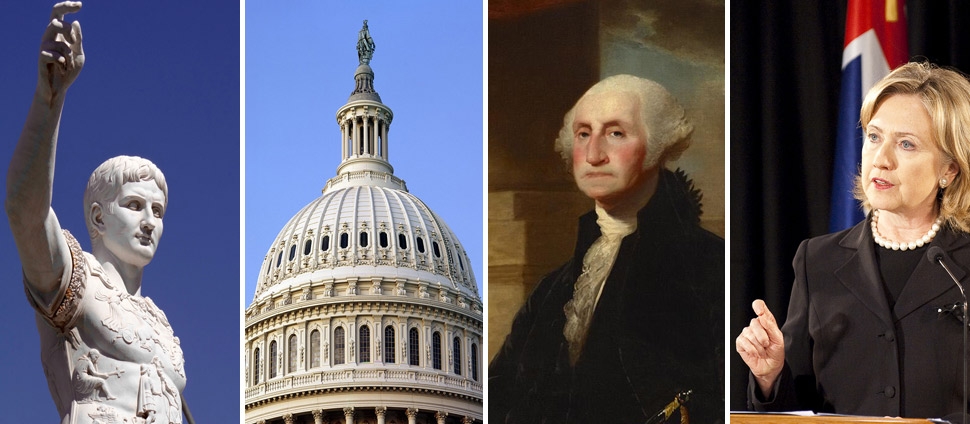Document Type
Article
Publication Date
Spring 2018
Publication Title
American Political Thought: A Journal of Ideas, Institutions, and Culture
Abstract
Representation in the national legislature, whether proportionate to people or equal for all states, was the signature issue of the Constitutional Convention of 1787. The resulting Great Compromise was the signature achievement. This article argues that the nationalists’ loss on proportional representation cannot be explained simply as a pragmatic accommodation in the face of obdurate opposition by small-state delegations. Such obduracy existed, and it mattered. But it was met by obduracy in kind and in defense of a position that was inherently stronger. Why then did the nationalist coalition fail? It failed, the article contends, because, in addition to the opposition it encountered and the tactical mistakes it made, the three-part argument it mounted logically required that the states be abolished and the regime founded be a democracy. The large-state nationalists yielded in the end because they were not consolidationists and not democrats.
Volume
7
Issue
2
First Page
216
Last Page
242
DOI
doi.org/10.1086/697023
Rights
© 2018 by The Jack Miller Center. All rights reserved.
Version
Version of Record
Recommended Citation
Coby, John Patrick, "The Proportional Representation Debate at the Constitutional Convention: Why the Nationalists Lost" (2018). Government: Faculty Publications, Smith College, Northampton, MA.
https://scholarworks.smith.edu/gov_facpubs/6


